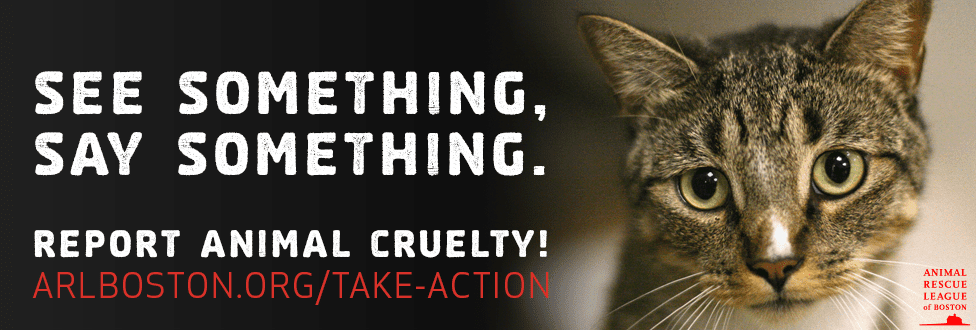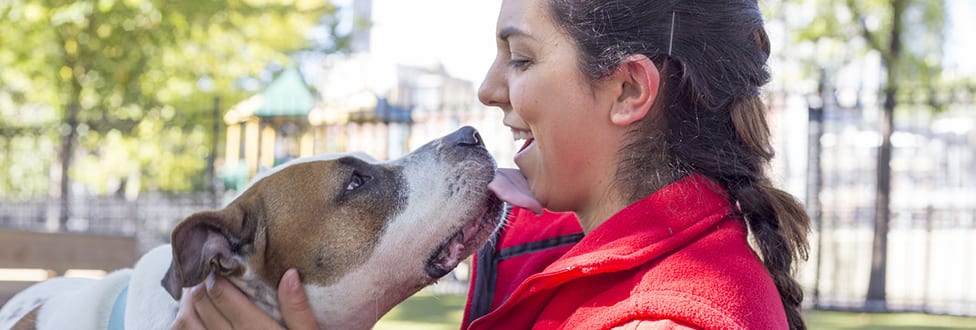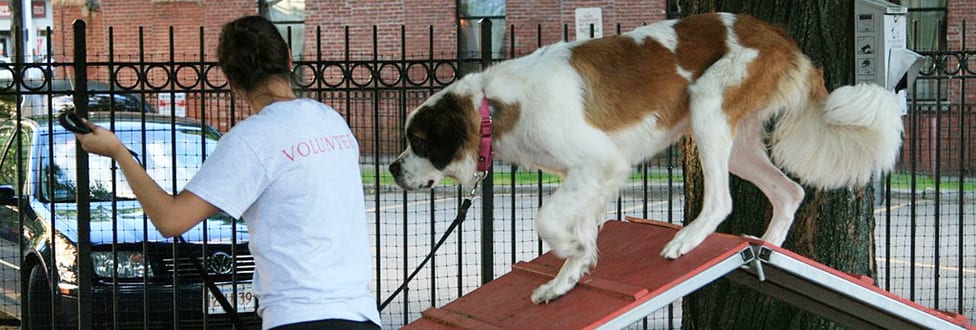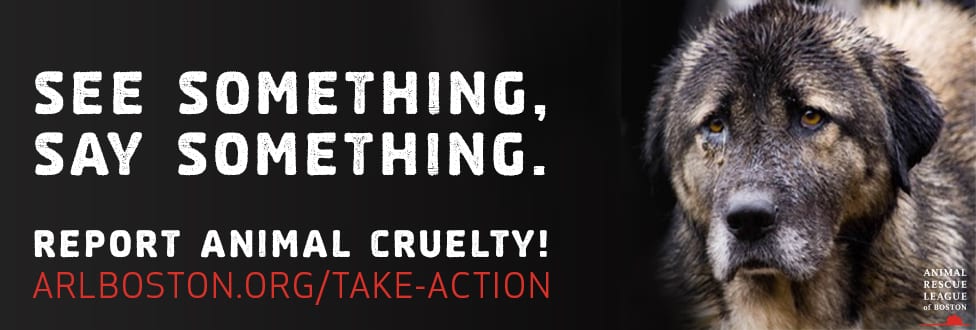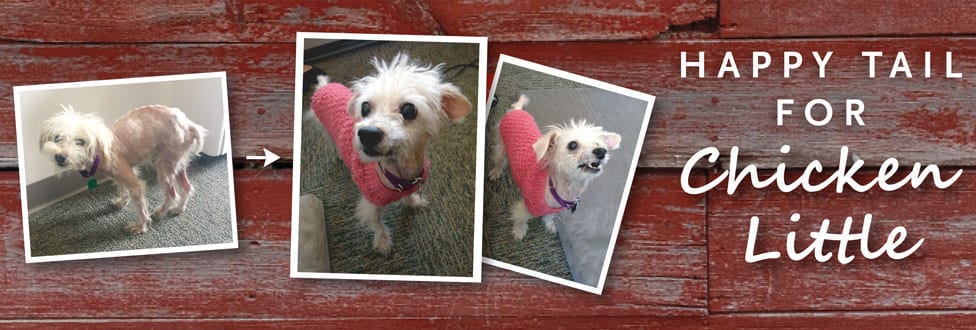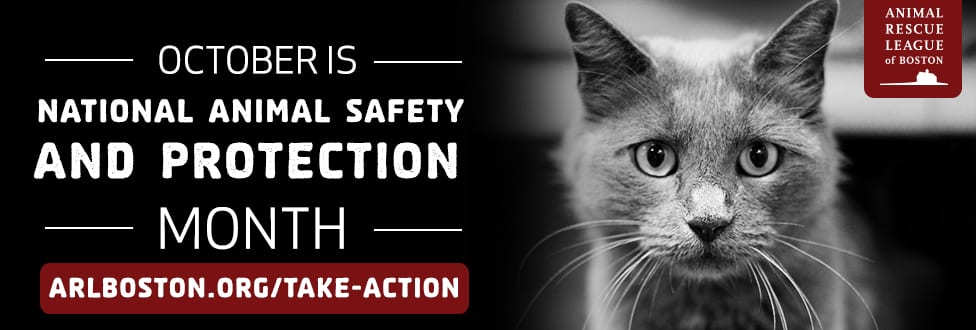Lt. Alan Borgal & Dr. Gary Patronek Explain Animal Hoarding
SEE SOMETHING, SAY SOMETHING – What You Can Do to Help Animals and People at Risk
Animal hoarding is an urgent and serious community problem effecting cities and towns across Massachusetts.
According to Lt. Alan Borgal, director of law enforcement at the ARL, “the situations that the Animal Rescue League of Boston encounters are becoming more frequent and increasingly complex.”
Hoarding situations cause substantial long-term animal suffering and often lead to more advanced forms of animal cruelty. Often associated with adult self-neglect and/or mental illness, animal hoarding can also place children, the elderly, dependent adults, property, and public health at risk.
ARL Blog sat down with Lt. Alan Borgal and Dr. Gary Patronek, founder of the Hoarding of Animal Research Consortium and noted animal hoarding expert, hear them explain the complex issue of animal hoarding:
 ARL Blog: What is animal hoarding?
ARL Blog: What is animal hoarding?
Dr. Patronek: Animal hoarding shares many of the same characteristics and behaviors of ‘object hoarding’, a massive accumulation of objects due to excessive emotional attachment to possessions. The result is cluttered and unsanitary living spaces. In many cases, hoarders view animals the same way they view the other inanimate objects they collect.
Lt. Borgal: We typically encounter cases where the hoarding involves more objects than animals. In these homes, there is no sanitary space. The animals and the hoarder are literally trapped in their own filth. Animals suffer mostly from lack veterinary care, spay or neutering, poor nutrition, and no access to adequate clean water. As a result, they are often infested with external parasites like fleas while competing for food and attention.
Animals collected range from cats and dogs to reptiles, rodents, birds, exotic animals, and even farm animals and wildlife.
Children, the elderly, and the handicapped are also subject to and unable to escape from these unsanitary and abusive conditions. The hoarder fails to see the harmful health effects that living in an ammonia-rich and flea, tick, or rodent infested environment causes to themselves and to others.
ARL Blog: What is the profile of an animal hoarder?
GP: Although 70% of the subjects who come to the attention of authorities are unmarried females, studies show that there is an equal ratio of male to female animal hoarders. In general, there are 3 main types of animal hoarders: overwhelmed caregivers, rescuer hoarders, and exploiter hoarders.
AB: Unfortunately, no animal hoarder fits neatly into any one profile. Animal hoarders come from a wide range of educational, economic, and cultural backgrounds and they typically appear to be very “put together” in public.
ARL Blog: How do find out about and respond to animal hoarding situations?
AB: Hoarding cases are often initially discovered when an outside municipality is called in for a medical emergency, an arrest, or a home maintenance issue. Because of the sensitive nature, we approach the suspects in animal hoarding situations differently than we would in another type of animal cruelty case.
We do our best to be courteous to them to ultimately build up their trust. This approach can take a long time. While about 40% go along with the plan that we’ve outlined for them, we give the 50% of resistant subjects a lawful order, obtain a court order to remove the animals, and start the process to prosecute them on felony charges.
Unfortunately, many animal hoarding cases do break down, requiring a crisis response from a variety of social service agencies, local law enforcement, and animal welfare organizations.
ARL Blog: Is animal hoarding preventable?
GP: Just as a variety of stakeholders must cooperate to intervene, investigate, and address a hoarding problem, a variety of stakeholders must work together to monitor a hoarder’s adherence to a plan to manage the situation. As with other relapsing conditions, hoarding requires constant follow-up and support from animal welfare and a social service agencies. Sadly for some, hoarding can be a never-ending cycle.
AB: Yes! Like other forms of animal cruelty, YOU can play a critical role in getting help for the animals and people involved in a hoarding situation. Say something….
- To your local authorities about concerns you have about animals in distress.
- To friends, families, and colleagues to raise awareness about the serious issue of animal hoarding.
- To Massachusetts elected officials – urge them to pay attention to this urgent community issue!
YOU CAN HELP PREVENT ANIMALS FROM FUTURE HARM!
An anonymous donor who has a strong belief in caring for and protecting animals has challenged us to triple a $5,000 donation and raise $15,000 before the end of October to support the ARL’s law enforcement team. And with just 4 days left to go, we have $2,500 left to raise to make our goal!
All donations to ARL’s Cruelty Prevention fund drive will help pay for the on-going efforts of our law enforcement team to provide animals in need with assistance.
As a SPECIAL THANK YOU from the Onyx Hotel… Donate $250 or more by midnight TODAY, Wednesday, October 28, and you will be automatically entered-to-win a (1) night stay for you and a friend at the very pet-friendly Onyx Hotel in Boston, MA!
Click here or on the DONATE button below to make a donation to the ARL’s Cruelty Prevention Fund Drive.
VERY SPECIAL THANKS to our anonymous challenge donor, Onyx Hotel, and everyone who has made a donation to support animals in need during the ARL’s Cruelty Prevention fund drive!

